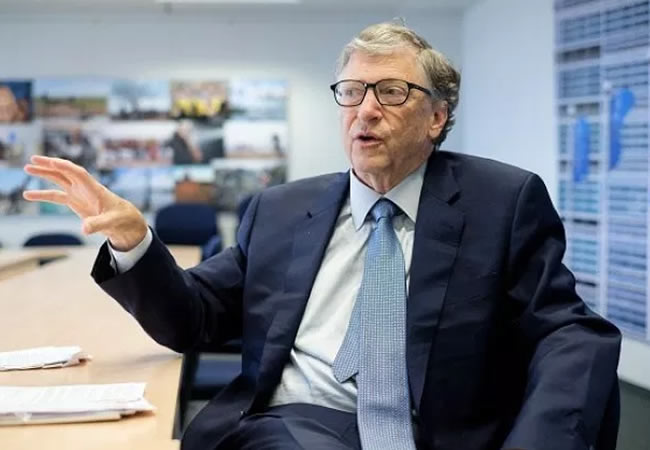In a speech at Nutrivision 2024, a Pan-African youth dialogue on nutrition held in Abuja, billionaire philanthropist Bill Gates highlighted the challenges Nigeria faces in financing critical sectors like health and education due to low tax collection rates.
Gates, co-chair of the Bill and Melinda Gates Foundation, noted that Nigeria’s actual tax collection is low, affecting its ability to fund large-scale public health initiatives.
Responding to a question on financing mechanisms for public health, Gates said, “Over time, there are plans for Nigeria to fund the government more than it does today. The actual tax collection in Nigeria is pretty low.”
He stated the need for citizens to trust the government’s ability to manage health programme funds efficiently, suggesting that successful management of primary healthcare systems could help build this trust.
Gates added that well-placed and adequately staffed health centres are key to running efficient health programmes, which would enhance credibility and enable better funding for primary healthcare.
The philanthropist also spoke about Nigeria’s agricultural potential, suggesting that the country could transition from a net food importer to a major food exporter.
“If the right credit facilities and advice to farmers, soil surveys, and things are available, there is the opportunity for Nigeria to more than double its food output, which would be pretty transformative,” Gates said.
He emphasized that improving agricultural productivity, especially in rural and northern areas, could significantly boost incomes and address nutrition challenges across the country.
Gates pointed to the role of digital technologies and improved seed varieties in driving this transformation, potentially leading to an agricultural “miracle” for Nigeria.



